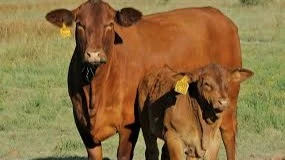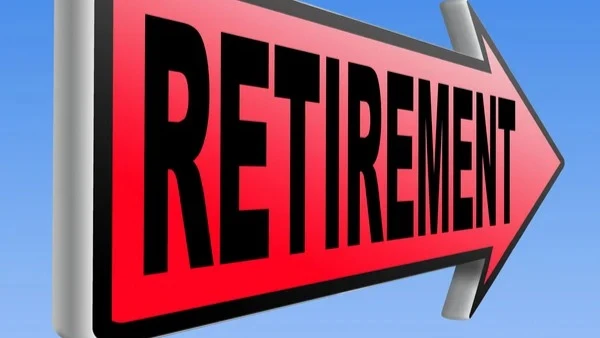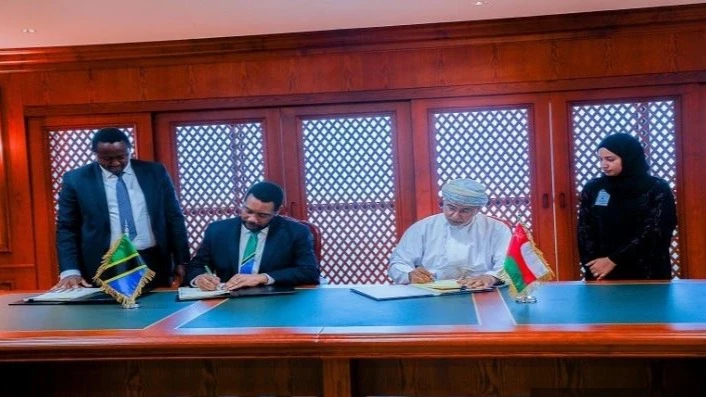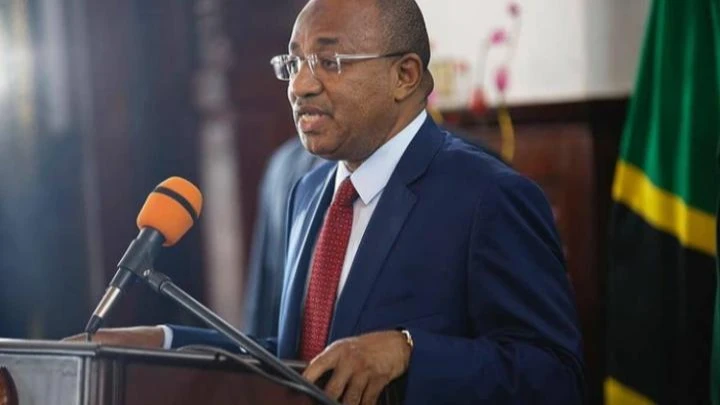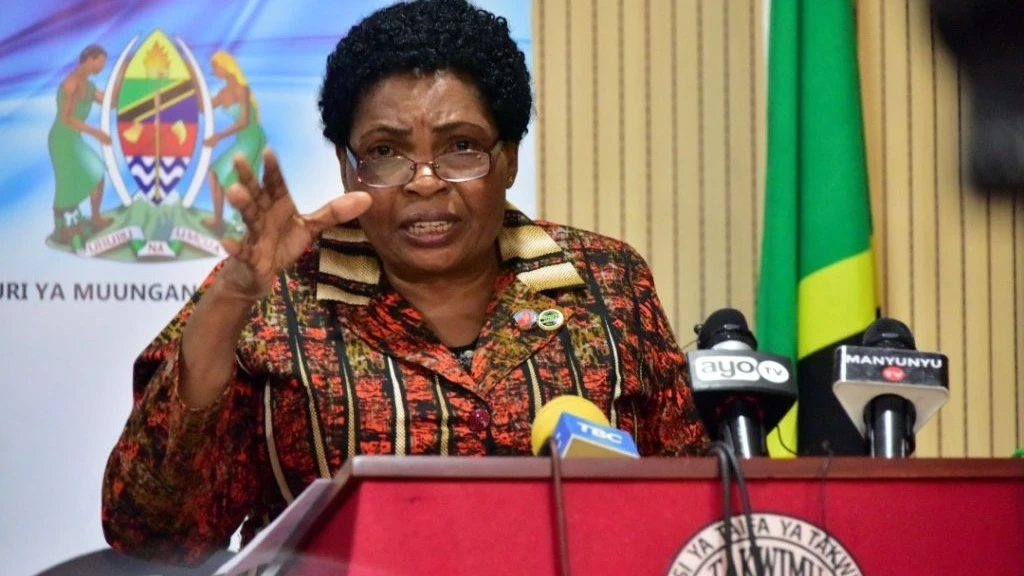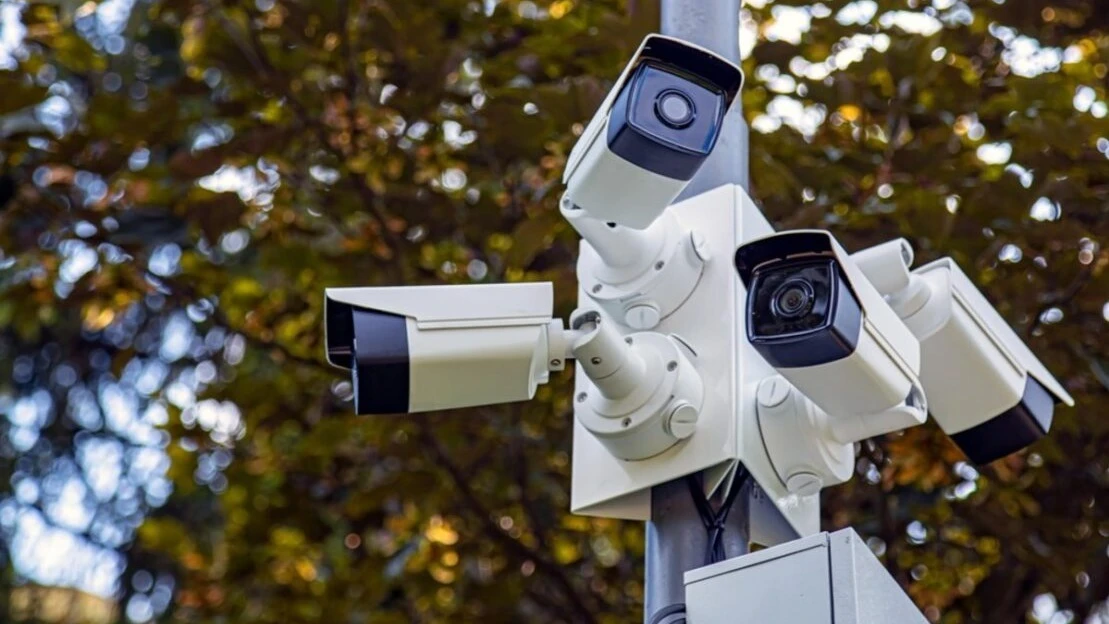VP is right: Public forests should not be source of charcoal revenue
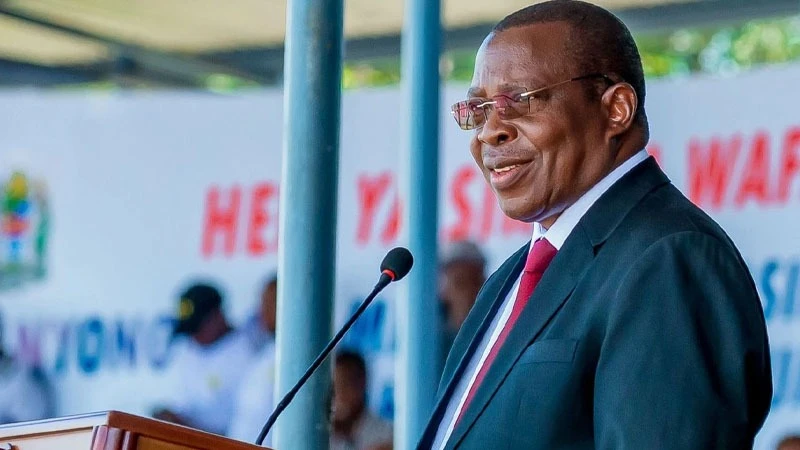
VICE PRESIDENT Dr Philip Mpango struck a chord with many conservation enthusiasts on Monday when he expressed dismay at the legal acknowledgement of charcoal business as a source of revenue.
He was officiating at the opening of a two-day environment meeting for top officials and other experts, where a key feature he noted was the slow tree planting initiatives compared relative the speed of tree felling.
While the VP suggested that public awareness and education on tree planting was insufficient, perhaps it is the response that is wanting, as the matter has stood as a regular topic on public gatherings for more than a generation.
The VP wondered if the models used for public education were good enough, one instance being the apparent shortage of tree nurseries were anyone to wish to plant trees tomorrow, etc.
What he may not have brought to the fore is the profit motive. It is definitely the case that unregulated agricultural and pastoral activities adversely affect water sources in various parts of the country, but there are many areas were deterrent bylaws were instituted and they work.
The greater problem is the wider potential for drought over wide areas during certain periods, and their length is getting unpredictable.
A swathe of southern Africa from Zambia to Namibia is mired in crippling drought, while in some cases they also faced devastating hurricanes landing from the ocean.
The state of environmental protection in the country is far from good enough but we have a better situation than most of our neighbours, despite having phenomenal flooding and widespread infrastructure damage earlier this year.
The VP also pointed at the lack of recycling industries that would absorb substantial portions of waste products. Yet the regulatory aspect is a problem, as waste is property controlled by municipal councils and, to be properly used, there needs to be virtually free access to it.
Back to the charcoal revenue issue: it is evident that, left like that, those in control of those forests are likely to privilege the revenue rather than conservation, even if they will still do what it takes to ensure that satisfactory conservation is noticed.
The spreading use of carbon credits is a safeguard meant to ensure that such areas will not see an axe falling on a tree.
In the circumstances, semi-arid regions with no usable crops could be leased to individuals to bring water in trucks for periodic watering of seeds so that individual tree plants come up. Here the revenue part wouldn’t be much of an issue.
The VP’s not-so-optimistic assessment of conservation trends in the country points less to why stakeholders need to increase education on the issue than to the wider use of the profit motive.
Carbon trading is doing wonders, and those who have a specialist preference for charcoal or log burning need to have that option – but from privately run plantations.
It is possible for trees to stand as a crop like any other. Wooden furniture is important, not just plastics, and some urbane households with inbuilt fire places and chimneys may not risk much burning of logs through the night.
Top Headlines
© 2024 IPPMEDIA.COM. ALL RIGHTS RESERVED







